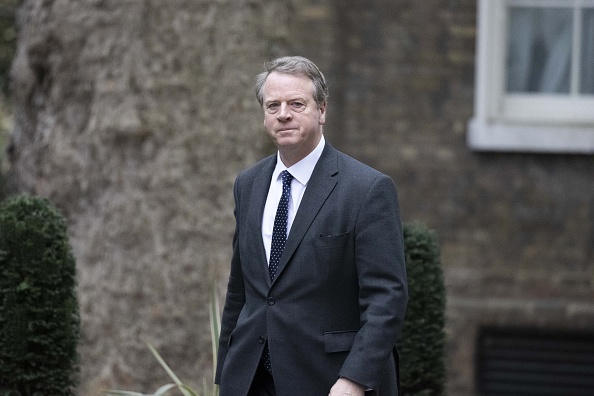
THE UK government has decided to block the Scottish Gender Reform bill aimed at making it simpler for people to alter their legal gender.
According to UK officials, the new bill would be in violation with equality regulations in place throughout the country.
Alister Jack, Scotland Secretary, announced that he laid a section 35 order at Westminster to prevent the legislation from being given to the King for royal assent.
“I have not taken this decision lightly,” Jack said in a statement, adding it would “have a significant impact” on equalities matters across Britain.
“I have concluded, therefore, that this is the necessary and correct course of action.”
The action provoked a new conflict with the devolved Scottish government, which is looking for approval for a second referendum on independence. The UK government has indicated it will not allow another referendum after the one in 2014.
While UK governments have urged that the law be adjusted, Scottish ministers have stated that they plan to defend what Holyrood has authorised, which means that this issue will almost certainly wind up in court.

“This is a full-frontal attack on our democratically elected Scottish Parliament and its ability to make its own decisions on devolved matters,” Nicola Sturgeon, who leads the Scottish National Party’s (SNP), said on Twitter.
She claimed the Scottish ministers would “defend” the bill, saying if the veto succeeded it would be the “first of many”.
The UK government’s “statement of reasons” for issuing a section 35 order to halt the Scottish government’s gender recognition bill has now been released by the Government Equalities Office.
The Scottish government’s social justice minister, Shona Robison, stated that the gender recognition reform bill will neither undermine nor alter UK equality law. The Scottish administration has been making this point for some time, as Robison stated.
“[The bill] simplifies the process for obtaining a gender recognition certificate. It does not change the effect of having one. All of the protections under the equality legislation remain exactly the same.”
And she emphasised that a section in the law specifically addresses this subject.
It is the first time that a Scottish law has been prohibited because it affects UK-wide law.
Scotland became the first nation in the United Kingdom to support a self-identification procedure for changing gender, removing the necessity for a medical diagnosis of gender dysphoria, and lowering the minimum age from 18 to 16.